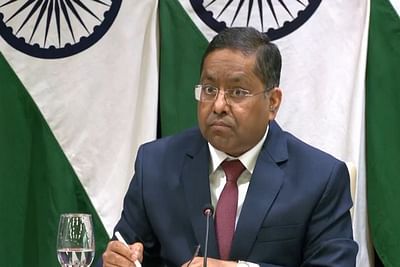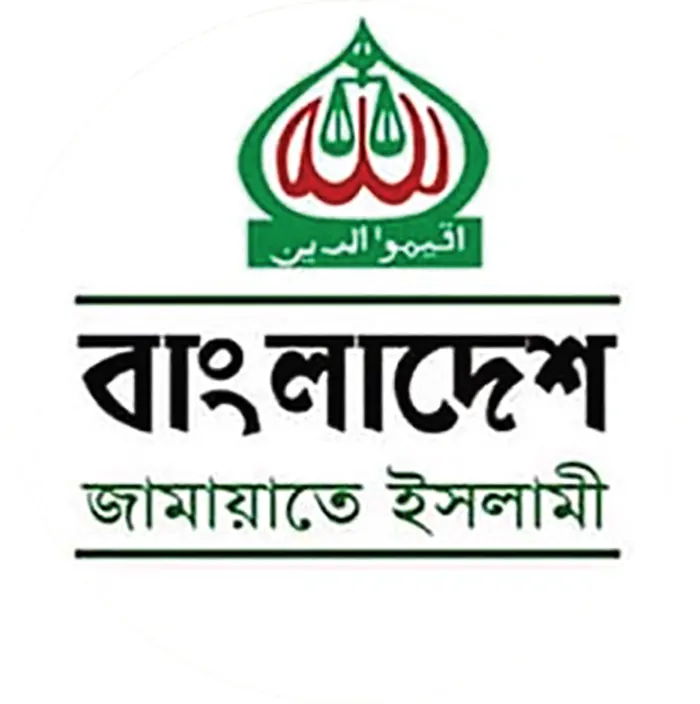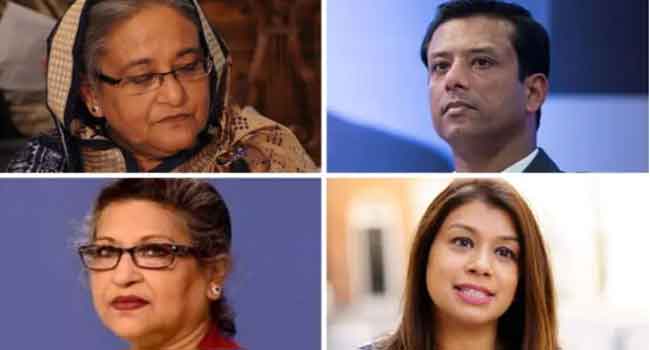India may consider Bangladesh’s new proposal to prevent flooding caused by shared rivers. Randhir Jaiswal, a spokesperson for India’s Ministry of External Affairs, hinted at this during a weekly briefing on Friday. Recently, some people have blamed India for the flooding situation in eastern Bangladesh. This has sparked anti-India sentiment on social media in Bangladesh.
On August 22, Pranay Verma, the Indian High Commissioner to Bangladesh, met with Dr. Muhammad Yunus, the chief adviser of Bangladesh’s interim government. During the meeting, Dr. Yunus proposed measures for managing floods and water distribution. He suggested that, similar to the mechanisms and understandings that exist between the border security forces of the two countries for border management, there could be initiatives for managing shared river waters and handling flood situations.
When asked about this, Jaiswal stated that there are 54 shared rivers between India and Bangladesh. The two countries have long-standing recognized mechanisms for utilizing water resources and controlling floods. These include institutional arrangements through which India, as the upstream country, regularly provides timely information to Bangladesh. Jaiswal mentioned that any new mechanisms or proposals that can improve existing arrangements and reduce human suffering could be considered and discussed by both countries.
There has been considerable discussion in Bangladesh, suggesting that this year’s flood was man-made and intentional. Responding to this, the spokesperson noted that following unprecedented floods in Tripura and eastern Bangladesh, India issued two statements explaining the causes of the floods, which were attributed to heavy rainfall. He emphasized that India did not intentionally flood Bangladesh.
During yesterday’s briefing, questions were also raised about the cancellation of former Prime Minister Sheikh Hasina’s diplomatic passport, her stay in India, her potential travel to a third country, or any official request for her return from Bangladesh. Jaiswal refrained from commenting on these matters, stating only that Hasina arrived in India on short notice for security reasons, and added that India does not respond to speculative questions.
After a phone call between U.S. President Joe Biden and India’s Prime Minister Narendra Modi, a statement from India mentioned that the two leaders discussed the situation in Bangladesh. However, the statement from the U.S. did not mention this, leading to some controversy. When questioned about this discrepancy, Jaiswal explained that the claims were malicious, asserting that critics lack a comprehensive understanding of how global leaders conduct discussions. He confirmed that Biden and Modi did indeed discuss the situation in Bangladesh.
Jaiswal further clarified that the statement issued after the leaders’ discussion was not a joint declaration, where every word is meticulously scrutinized, nor was it a detailed account of the entire conversation. Additionally, it is normal for leaders to discuss topics as they see fit. Therefore, the absence of a mention in one statement does not mean the issue was not discussed.
On another note, Jaiswal said that work on Indian projects has currently stalled due to recent political changes in Bangladesh, and many workers have returned to India. He stated that all projects aim to benefit the people of both countries, and that India has always been a well-wisher of Bangladesh. Once normalcy is restored, discussions about these projects will resume with the government. He expressed India’s hope that normalcy returns swiftly, allowing for the resumption of people-centric projects.
Regarding the lifting of the ban on Jamaat-e-Islami in Bangladesh and the organization’s intent to improve relations with India, Jaiswal commented that the lifting of the ban is an internal matter for Bangladesh. Concerning the organization’s leader’s statement about establishing and improving relations with India, he noted that this has come to India’s attention.








